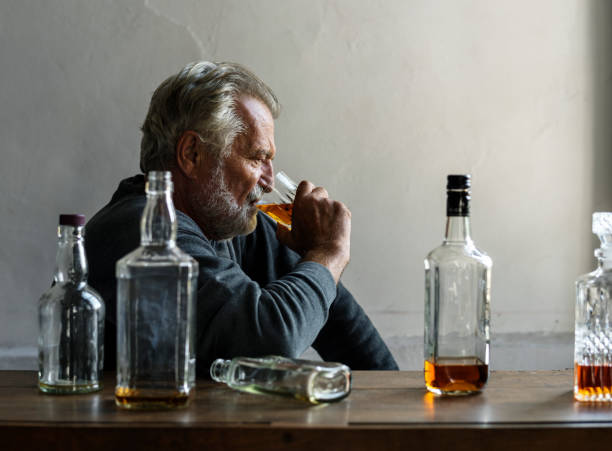Link Between Childhood Maltreatment and Alcohol Abuse: University of Queensland researchers conducted a study that revealed individuals maltreated as children are three times more likely to be admitted to the hospital for alcohol and substance use by the age of 40 compared to those who were not maltreated.
The study, led by Dr. Claudia Bull, analyzed data from over 6,000 children born in Brisbane’s Mater Mother’s Hospital. This was between 1981 and 1983. The research tracked the participants from 6 months old to 40 years of age.
Read Also: A new study establishes a link between sanitizers and brain development.
Definition of Maltreatment and Association with Alcohol and Substance Use Disorders:

Maltreatment in this study was defined as physical abuse, sexual abuse, emotional abuse, or neglect reported to the Queensland Department of Families, Youth, and Community Care up to the age of 15.
Children who experienced maltreatment were significantly more likely to be hospitalized for alcohol use disorder as adults. The percentage is 2.86 times more likely compared to those who were not maltreated. They were also 3.34 times more likely to be admitted for a substance use disorder.
The study highlighted the importance of emotional abuse and neglect as risk factors for alcohol and substance use disorders, in addition to physical and sexual abuse, contrary to previous research that mainly focused on the latter.
Consistency Across Subtypes of Abuse:
Regardless of the type of abuse experienced—physical, sexual, or emotional—individuals were approximately three times more likely to suffer from alcohol and substance use disorders later in life.
Addressing the root causes and consequences of child maltreatment presents an opportunity to prevent many people from suffering from alcohol and substance use disorders in their later lives.
The research was funded by the Metro South Research Support Scheme and supported by the ALIVE National Centre for Mental Health Research Translation.
You can find the research paper Here



